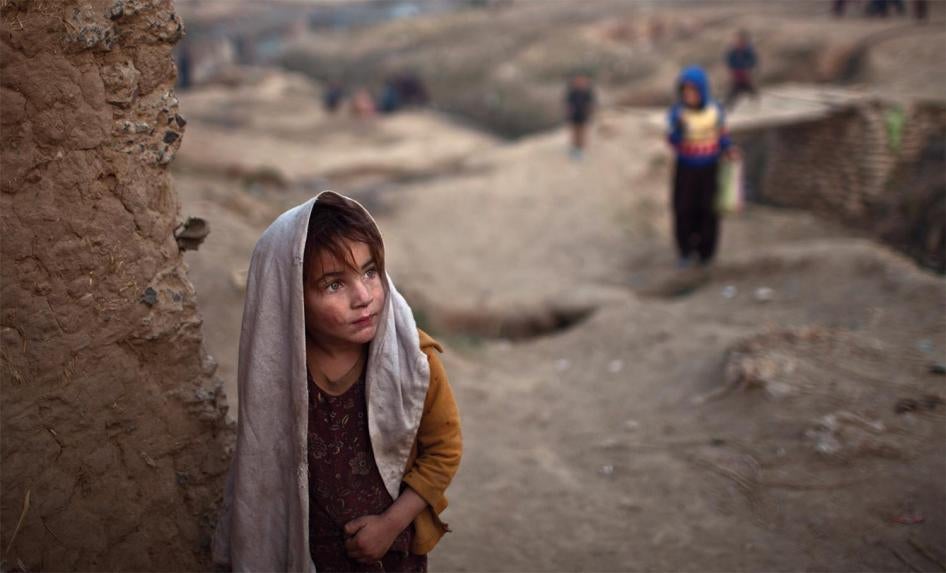A delegation of Pakistani and Afghan former ambassadors, diplomats, and civil society representatives brainstormed strategies last week to help protect the rights of Pakistan’s highly vulnerable Afghan population.
The Fifth Round of the Pakistan-Afghanistan Bilateral Dialogue, a summit on issues of key mutual interest, produced joint recommendations that, if implemented, will help reduce the fear and insecurity felt by many Afghans in Pakistan.
Those recommendations include ensuring that refugees are only returned to Afghanistan voluntarily. They also call upon Pakistan to extend Afghan refugees’ Proof of Residency cards until 2020.
If implemented, these recommendations will provide needed reassurance for Afghans in Pakistan whose uncertain residency status has over the past two years encouraged police abuses against them, including harassment, threats, and extortion. In January 2016, the government had extended registered Afghan refugees’ cards until June 30, 2016.
Pakistan hosts 1.5 million card-holding refugees, the world’s largest protracted refugee population in a single country, according to the United Nations High Commissioner for Refugees. Pakistan’s government estimates there are about 1 million undocumented Afghans living in Pakistan as well. Many Afghans who fled conflict and repression in Afghanistan during the late 1970s and early 1980s still live in Pakistan, many with their descendants. Some arrived as children, grew up in Pakistan, married, and had children of their own who have never lived in Afghanistan. Others have arrived in the decades of turmoil in Afghanistan since, seeking safety, employment, and a higher standard of living.
But Afghans in Pakistan have experienced a sharp increase in hostility since the so-called Pakistani Taliban, Tehreek-i-Taliban Pakistan, attacked the Army Public School in Peshawar on December 16, 2014, killing 145 people, including 132 children. The Pakistani government responded with repressive measures. It introduced military courts to prosecute terrorism suspects and executions after lifting an unofficial moratorium on the death penalty. It also proposed registering and sending back all Afghans living in Pakistan.
On June 23, 2015, the federal minister for the Ministry of States and Frontier Regions, retired Gen. Abdul Qadir Baloch, announced that there would be no official reprisals against the country’s Afghan population in response to the Peshawar attack. Despite that promise, Pakistani police have pursued an unofficial policy of punitive retribution that has included raids on Afghan settlements; detention, harassment, and physical violence against Afghans; extortion; and the demolition of Afghan homes.
The challenge now is for the Pakistani government to implement the dialogue’s recommendations and put an end to those abuses.








